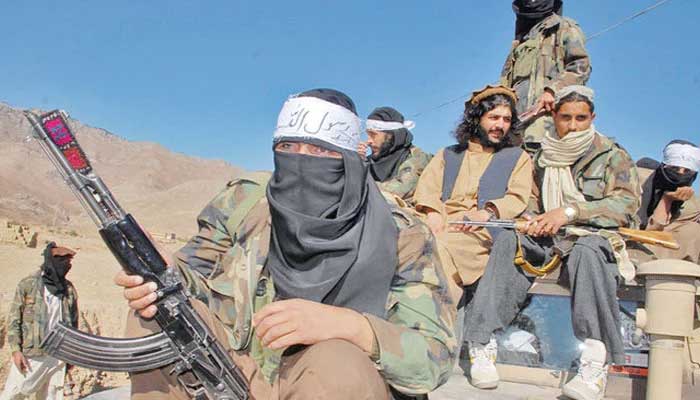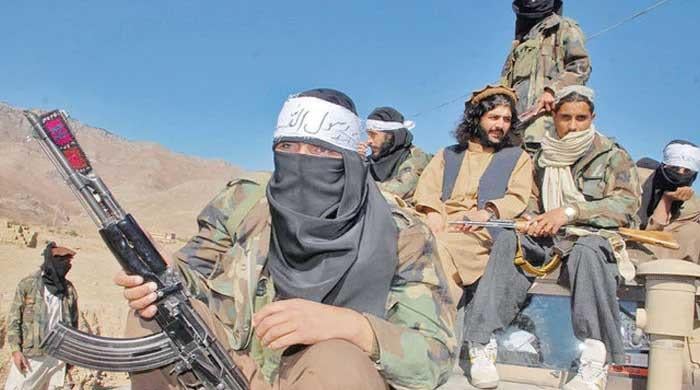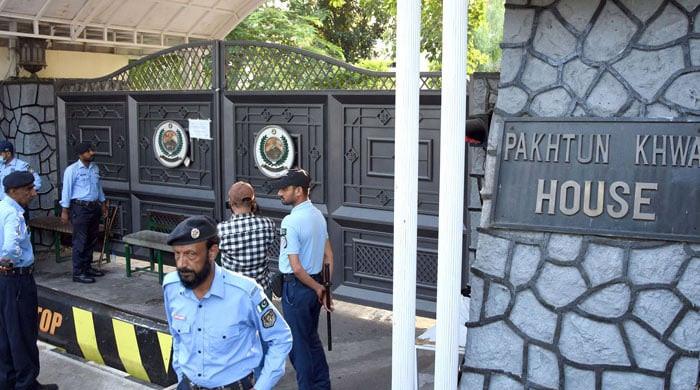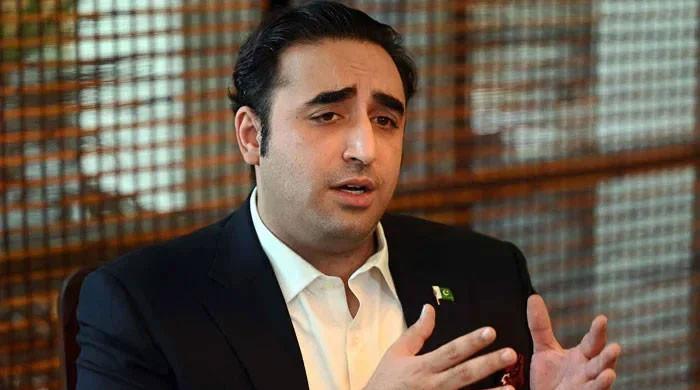
- Quad concerned over terror-related security situation in Afghanistan.
- “Kabul should be supported in taking steps to eradicate terrorism.”
- Ministers say stable Afghanistan in global community’s interest.
NEW YORK: A ministerial meeting of the Quadrilateral Group — comprising Pakistan, China, Iran, and Russia — expressed deep concern over the security challenges originating from Afghanistan, stating that terrorist groups operating in the war-torn country “pose a serious threat to regional and global security.
Pakistan has witnessed a surge in militant attacks since the Taliban government returned to power in neighbouring Afghanistan in 2021, mostly in the northwestern border province of Khyber Pakhtunkhwa (KP), but also in southwestern Balochistan, which borders Afghanistan and Iran.
According to data from the Pak Institute for Peace Studies (PIPS), the two most vulnerable provinces saw a sharp rise in deadly attacks last month.
The digital database of security incidents managed by the Islamabad-based think-tank suggested an alarming situation as the number of attacks jumped from 38 in July to 59 in August. These incidents included 29 attacks in KP, 28 in Balochistan, and two in Punjab.
The government in Islamabad has time again called on Kabul’s interim rulers to prevent their land from being used by the banned Tehreek-e-Taliban Pakistan (TTP) and other militant organisations for carrying out attacks against Pakistan.
The quadrilateral meeting was held in New York on the sidelines of the United Nations General Assembly (UNGA) session on September 27, according to a joint statement issued on Sunday.
Defence Minister Khawaja Asif attended the meeting on behalf of Pakistan while China, Russia and Iran were represented by their respective foreign ministers.
During the meeting, the ministers said that terrorist groups such as Daesh, Al-Qaida, the Eastern Turkestan Islamic Movement (ETIM), Jaish ul-Adl, Balochistan Liberation Army (BLA), TTP and other groups based in Afghanistan, “continue to pose a serious threat to regional and global security”.
The session also condemned the recent terrorist attacks in all shapes and forms in Afghanistan and the region, including the attacks by Daesh on Karbala pilgrims on 13 September 2024 and the attacks by TTP in Bannu and Besham in Pakistan on 15 July and 26 March 2024, respectively.
The minister also expressed concern over the terrorism-related security situation in Afghanistan and the region and “stressed the concept of common, comprehensive, cooperative, and sustainable security, as well as principles of equal indivisible security, examine regional security issues from a more comprehensive and integrated perspective, and work together to address various security challenges in Afghanistan and the region”.
The quadrilateral meeting stressed the need to strengthen counter-terrorism cooperation at both bilateral and multilateral levels. “Afghanistan should be supported in taking comprehensive measures to address both the symptoms and root causes of terrorism and to eradicate terrorism at an early date.”
“They called on [Afghan Taliban rulers] to take visible and verifiable actions in fulfilling the international obligations and commitments made by Afghanistan to fight terrorism, dismantle, and eliminate all terrorist groups equally and non-discriminatory and prevent the use of Afghan territory against its neighbours, the region, and beyond,” the statement said.
Meanwhile, the four countries also reiterated their support for Afghanistan’s national sovereignty, political independence, unity, and territorial integrity.
“They reaffirmed principles of international law, particularly non-interference in its internal affairs, and the right of the Afghan people to independently decide the future of their country in accordance with the principles and purposes of the United Nations Charter,” it added.
The ministers stressed that all members of the international community have a shared interest in a stable and peaceful Afghanistan, “a country that should serve as a platform for international cooperation rather than geopolitical competition.”
Furthermore, the countries urged Afghan rulers to create conditions that facilitate the return of Afghan refugees to their homeland, prevent further migration, and take serious measures to ensure returnees’ livelihoods and reintegration into political and social processes to achieve a lasting solution.
Last year, when the country witnessed a surge in terror-related incidents, the then-caretaker government in October decided to repatriate illegal refugees including undocumented Afghans residing in the country.
Ever since the government commenced the repatriation campaign last year, more than 500,000 undocumented Afghans have gone back from Pakistan so far, according to UN figures.
The ministers urged the international community and donors to provide, adequate, predictable, regular, and sustainable financial support and other necessary assistance, in line with the principle of international responsibility and burden sharing, for time-bound and well-resourced repatriation of refugees back to Afghanistan, as well as to countries hosting Afghan refugees, particularly Iran and Pakistan.
“The ministers emphasised that strengthening peace and stability in Afghanistan and countering the threats of terrorism, and drug crime emanating from its territory are in line with our common interests in the region,” the statement concluded.



